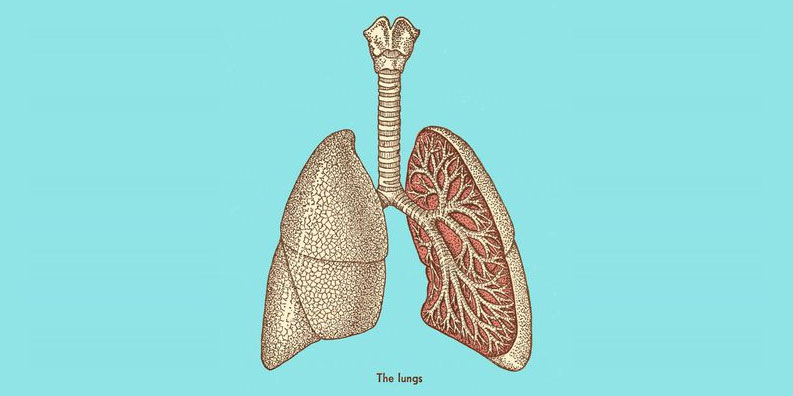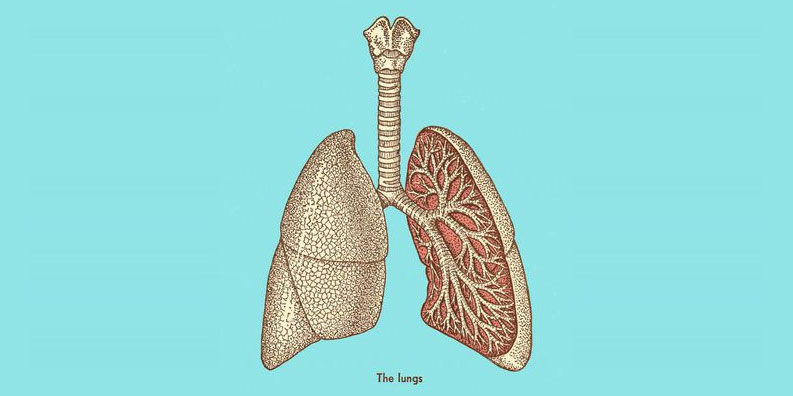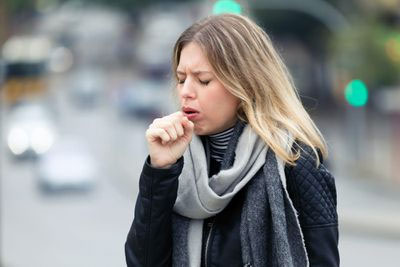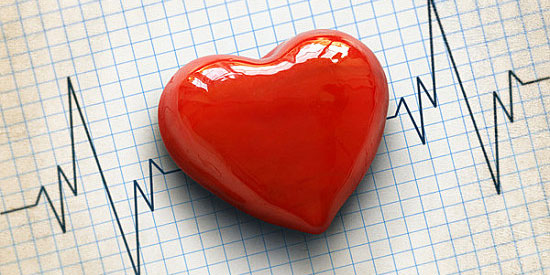
How to Tell if You Have Pneumonia: 8 Symptoms You Shouldn&'#39;t Ignore
Jul 14, 2022
Advertisement
Getting a cough or an upper respiratory tract infection during the winter is not uncommon. You will often get beyond it in a short amount of time. On the other hand, a winter sickness may occasionally progress into pneumonia, an infection of the lungs that is especially hazardous for people of advanced age. According to the Centers for Illness Control and Prevention (CDC), over 1.5 million individuals in the United States visit an emergency department due to pneumonia every year, and the disease claims the lives of more than 40,000 people (CDC).

People of all ages are susceptible to becoming very sick with pneumonia; however, younger children (those under the age of 5) and adults over 65 are more likely to have severe symptoms. According to research conducted in Singapore in 2018, more than one out of every six persons’ age 65 and over hospitalized with pneumonia ultimately pass away from the illness.
Types of Pneumonia Infection
According to the advice of health care professionals, you should inform your doctor as soon as possible if you notice a new symptom that continues to bother you. Here are five indications that an infection may have spread to your lungs and resulted in the development of pneumonia:
1. Productive Cough
According to Charles Bregier, M.D., an emergency medicine physician and medical director at Novant Health in Charlotte, North Carolina, a cough is almost always present when someone has pneumonia because the disease causes the air sacs in your lungs to fill up with fluid. A productive cough brings up a lot of mucus. He predicts that you will be hacking up a lot of unpleasant material. When someone has pneumonia, their sputum will often have a tint, such as yellowish, greenish, or greyish.
2. Fever (Or A Very Low Body Temperature)
Pneumonia is often accompanied by symptoms such as fever and chills, indicating that the body is waging a struggle against the infection. However, it is essential to be aware that the lack of a fever does not always rule out the possibility of it, particularly in people older than 65.
It is possible for older persons who have pneumonia to have a low body temperature rather than a high body temperature. A low body temperature is any temperature lower than 97 degrees Fahrenheit. In elderly persons who often have weakened immune systems or are immunosuppressed, the virus may produce low temperatures rather than revving up the immune system. This is because older people tend to have lower immune systems.

3. Shortness of Breath
You may have difficulties catching your breath, suffer wheezing, or feel that your breathing is much quicker than usual. "You could find that when you're sitting with a family member and having a discussion, you have trouble talking without feeling short of breath," he adds. "This is a common symptom of heart disease." Exertion, such as just going to the restroom, may be difficult for the individual. The appearance of such symptoms should cause you to seek medical attention without delay, according to specialists.
4. Chest Pain
Chest discomfort is another sign that you may suffer from severe pneumonia. Discomfort in the chest caused by pneumonia, as opposed to pain caused by a heart attack, is often characterized as "sharp" or "stabbing." According to the advice of medical professionals, however, you shouldn't worry too much about differentiating between the many forms of chest pain since any new or chronic chest pain is reason enough to go to the emergency department.
5. Dizziness or Delirium
Alterations in cognition or consciousness are one of the less obvious symptoms of pneumonia, and they often appear in people of advanced age. "If someone comes into the hospital and says their loved one is confused... that's a red signal for us to start checking for infection." "It's an indication of the body being unwell and putting stress on their brains."

Potential Treatments Are Available for The Infection
According to Bregier, if you acquire any of the symptoms listed above, you should seek medical attention as soon as possible since pneumonia may rapidly become more severe. The underlying cause of your pneumonia will determine your treatment options. If it is a bacterial infection, your physician will provide antibiotics to you either orally or intravenously. If it is viral, there are fewer treatment choices available; nonetheless, your doctor may give an antiviral medicine, a bronchial dilator to assist move air in and out of the lungs, or a prescription to break up the mucus in the lungs. Steroid medication and monoclonal antibodies are other treatment options for COVID-19 pneumonia.
Advertisement





